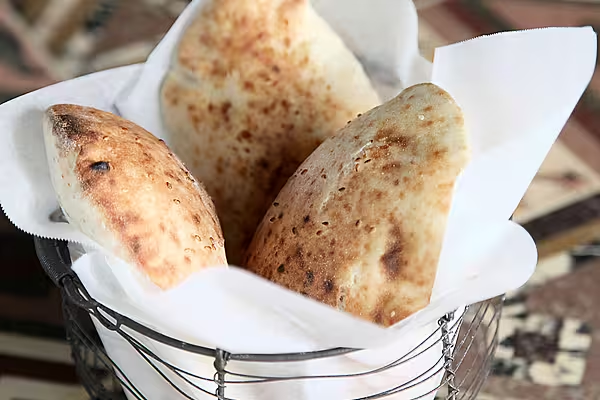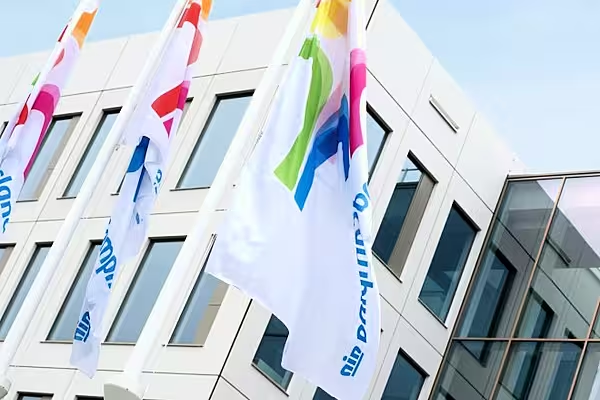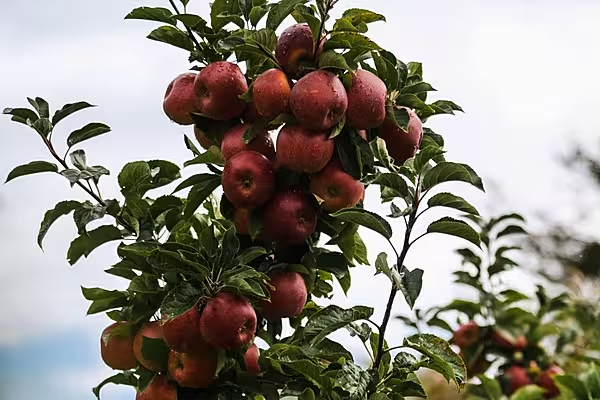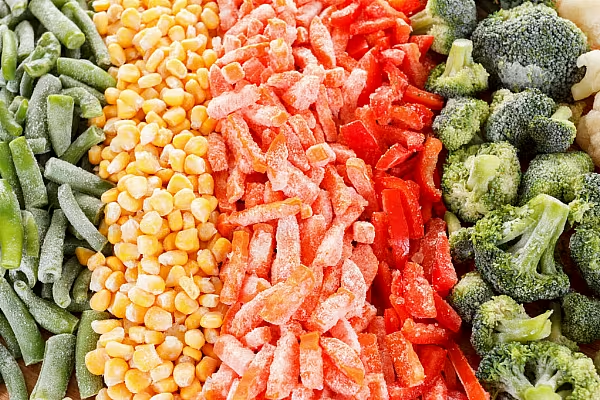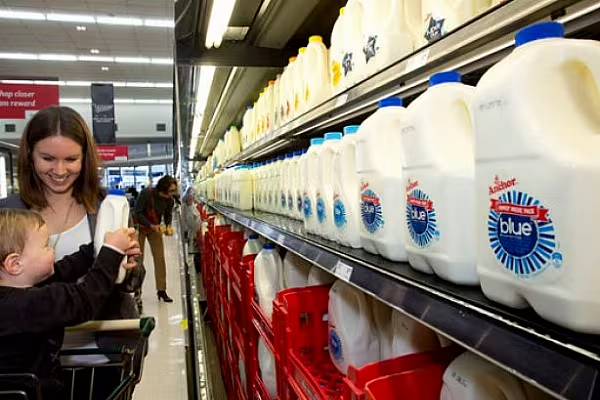Hoda El-Sayed is afraid to feed bread to her kids.
The 43-year-old teacher and mother of three has seen news reports that the daily staple sold by Egypt’s state bakeries may cause anything from kidney failure and miscarriages to cancer.
Though spurious, those fears are a problem for a country that spends billions of dollars a year on subsidizing bread for the poor. They also highlight risks for global traders, who ship more wheat to Egypt than any other nation, as a spat with the government over infected grain that’s close to being resolved morphs into a public health scare.
"I won’t buy any bread from state bakeries until the government makes clear they won’t allow cancer-causing wheat into the country," said El-Sayed, shopping for groceries in Cairo’s middle-class embassy district of Dokki. Instead, she’s paying five times as much for supermarket loaves.
The origin of her fears, expounded by market-stall shoppers and taxi drivers across the city, lies in arcane and contradictory laws passed during the last 15 years that specify levels of fungal contamination allowed in wheat imports.
Chaos Results
While Egypt’s quality and standards organization uses one rule for the common ergot fungus – a globally accepted 0.05 per cent set out in 2010 legislation – the agriculture ministry in recent months began imposing the zero tolerance dictated by a 2001 law.
The result was chaos in grain markets as traders withdrew from tenders, fearing ships would be rejected at Egyptian ports. At home, it sparked a media-fueled health scare over the naturally occurring fungus that’s potentially toxic when consumed only in much larger quantities over long periods.
"There’s no scientific basis for this scaremongering whatsoever," said Swithun Still, a director at grain trader Solaris Commodities SA in Morges, Switzerland.
Global food standards including the 0.05 per cent level for ergot are agreed in the United Nations’ Codex Alimentarius, of which Egypt is a member. The voluntary code is used by the World Trade Organization as a reference for resolving trade disputes.
The UN’s Food and Agriculture Organization has agreed to send an expert to Cairo to meet with Egyptian officials this week to discuss the risks of the fungus with concerned parties. The expert will take part in a workshop aimed at producing new legislation alongside a newly-formed committee tasked with assessing the dangers of ergot, the ministry said in a statement on Saturday.
Conspiracy Theories
A decision this month to replace Saad Mousa, the ministry’s quarantine chief, and efforts to ensure tenders for wheat were successful have helped ease concerns in international markets but failed to contain the domestic clamor.
It doesn’t help that the Egyptian media are circulating lurid conspiracy theories. "Head of Agriculture Quarantine Slaughtered by the Knife of Cancer-Causing Wheat Mafia,’" reads one headline on the website of the state-backed Al-Ahram news service.
Local publishers often print unsupported claims, from accusations that foreigners are fomenting protest to blaming Israeli intelligence for shark attacks on tourists.
Media Pressure
"Employees at the ministry can’t work while the media is grilling them and promoting baseless claims that the ergot causes cancer and other diseases," said Hesham Soliman, president of Alexandria-based Medstar for Trading. "They can’t work under this pressure and traders can’t take the risk either."
The government has enough on its plate. Foreign currency inflows have declined in President Abdel-Fattah El-Sisi’s second year as Gulf Arab allies cut aid amid tumbling oil prices and as tourism suffers from political tumult and terror attacks. While Minister of Supply Khaled Hanafy says wheat stockpiles are sufficient until the end of June, some are skeptical given the program of subsidized bread Egypt maintains for its 88 million people.
"There’s a risk that the stocks are lower than the government has publicly proclaimed," said Still at Solaris. "If you look in comparison to the amounts that were imported at the same time last year, we’re significantly below."
Bread is central to Egyptian life. The word 'ayesh' in Egyptian means both bread and life. When the country’s citizens rose up against autocrat Hosni Mubarak’s rule in 2011, one of their signature chants was "Bread, freedom and social justice." While some have the means to buy unsubsidized loaves, most Egyptians are too poor.
"Wheat is the most essential thing for us," said Ghada Mohamed, 32, a mother of two shopping in a market in the Sheik Zayed area who can’t afford supermarket prices. "You can mess with vegetables, fruit, even meat and chicken, but you can’t mess with bread."
News by Bloomberg, edited by ESM. To subscribe to ESM: The European Supermarket Magazine, click here.
